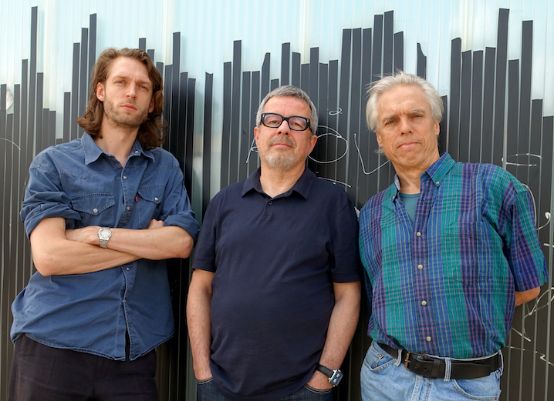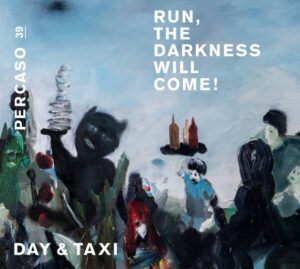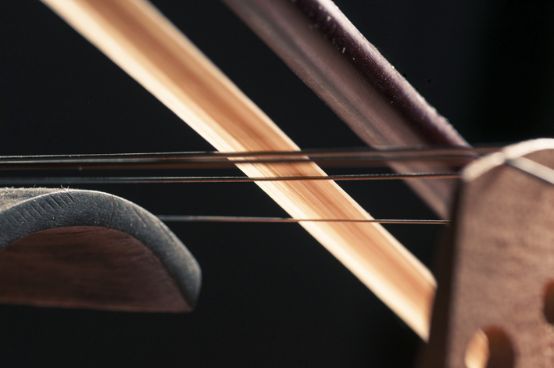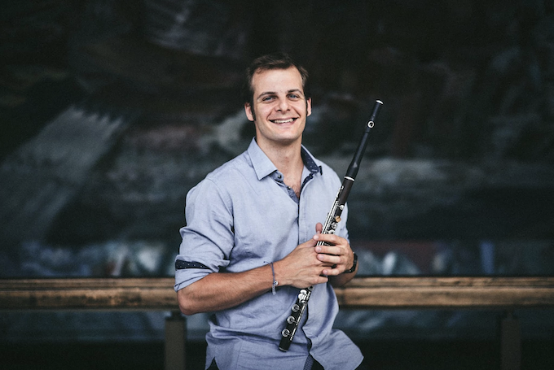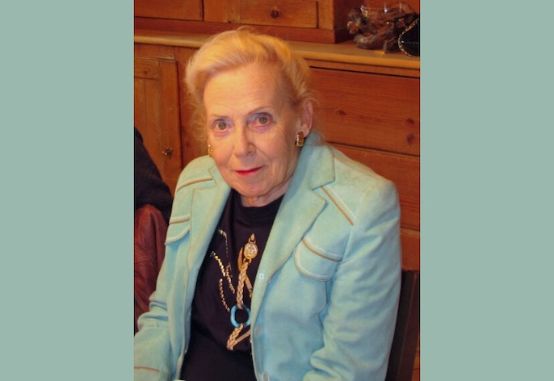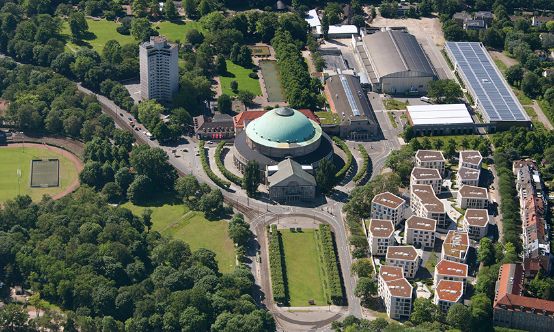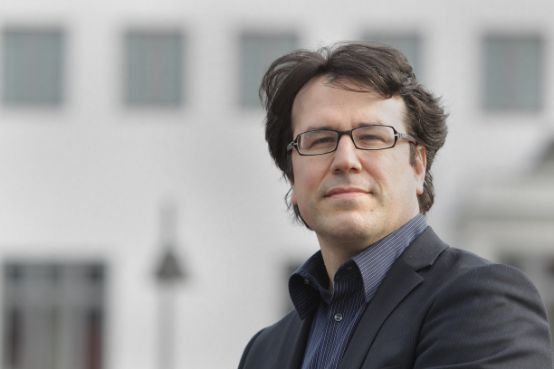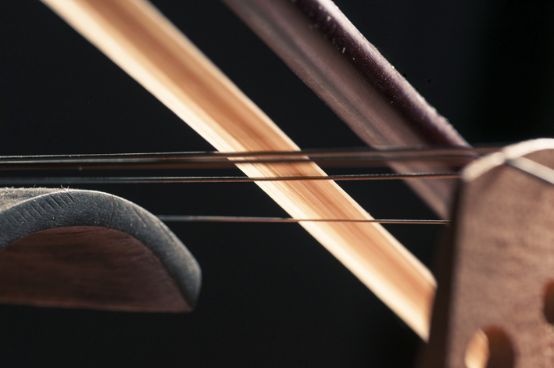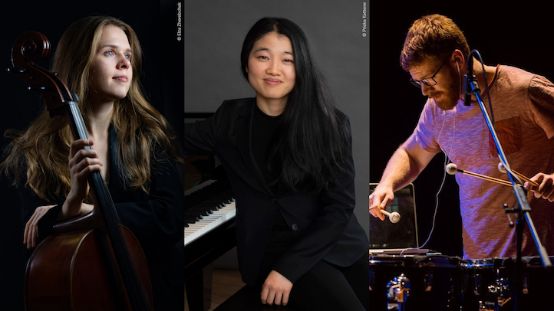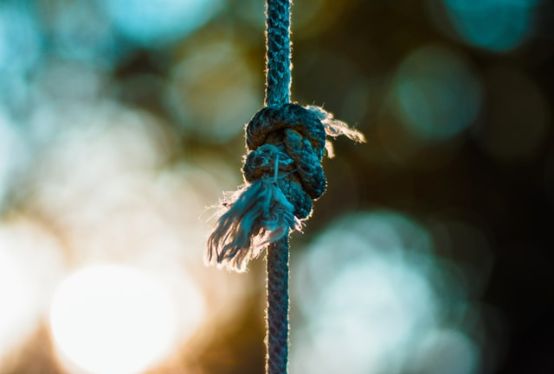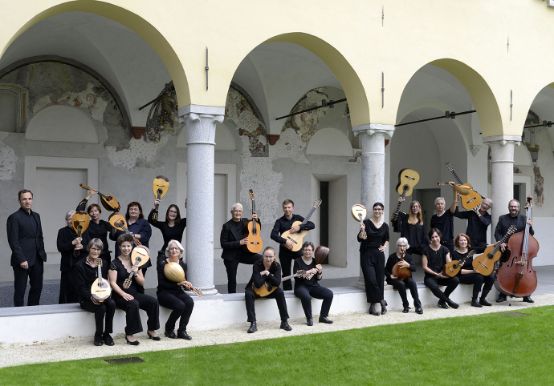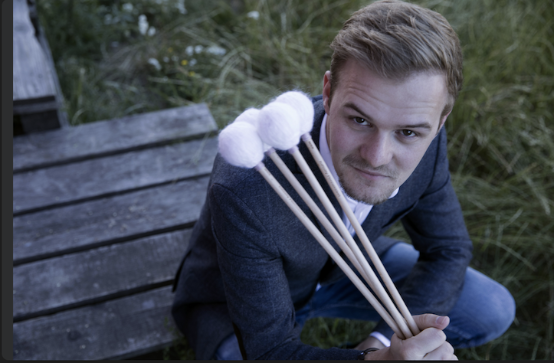Masterful early works
The Académie vocale de Suisse romande offers sublime interpretations of the a cappella masses by Valentin Villard and Frank Martin.
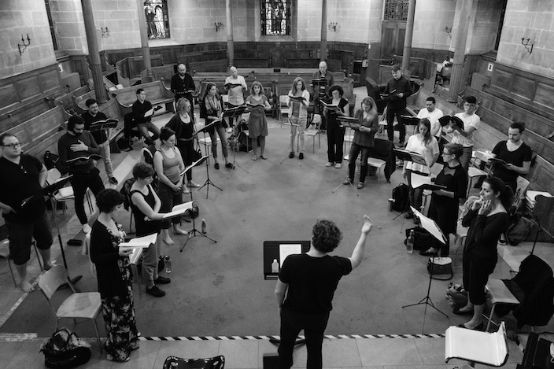
The Académie vocale de Suisse romande never ceases to surprise with unconventional projects. On its latest CD for Claves, it presents Frank Martin's famous mass for double choir a cappella as well as the first recording of Valentin Villard's Mass à six voix op. 44 and the vocal level is breathtaking.
In the twelve years of its existence, the two directors Renaud Bouvier and Dominique Tille have built up a chamber choir that is second to none. Professional singers as well as students from all over French-speaking Switzerland come together to form an ensemble that is carefully coordinated. Each new member is precisely deployed in terms of the balance and blend of the registers, and the palette of vocal colors is correspondingly rich and yet homogeneous.
Modernism is particularly close to the Académie vocale's heart and it also wants to inspire new vocal works. However, Villard did not write his Messe à six voix for this choir; it is an early work that the former student composed between 2008 and 2011, without a commission. This makes it all the more astonishing how varied and sonorously intense this sacred work explores the possibilities of the Académie vocale and makes them resound.
Born in Lausanne in 1985, Villard studied composition in Geneva and Amsterdam and also gained valuable experience as a church musician; he already worked as an organist and choirmaster in the Catholic parish of Morges. In 2019, he was one of the three composers for the Fête des Vignerons. His genuine sense of spirituality and his practice in church music can be heard in the six-part mass.
The very idea of writing a mass for a cappella choir and a sextet of choral soloists has its own special charm. The choral sound from which the solos emerge is reminiscent of Gregorian chant in its simplicity, flowing into harmonic fields that are very delicate to intonate. The Académie vocale achieves this with a floating lightness that can build up to great intensity. And the singers perform the sophisticated interplay between solos and choir with suggestive devotion.
Frank Martin's Mass for double choir is also an early work; he wrote it in 1922 just for himself and it was neither intended for publication nor for performance. It was not until 1969 that Martin's best-known choral work was performed for the first time. Whether in the fugal Gloria or the virtuosically heightened Credo, the Académie vocale sings with an agility and virtuoso power that is second to none. A certain affinity of spirit between Martin and Villard is also evident.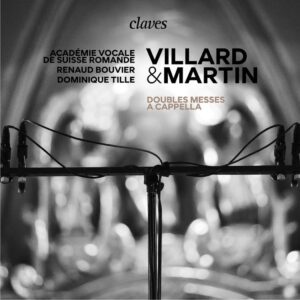
Valentin Villard & Frank Martin: Doubles messes a cappella. Académie vocale de Suisse Romande, conducted by Renaud Bouvier and Dominique Tille. Claves 50-3003






